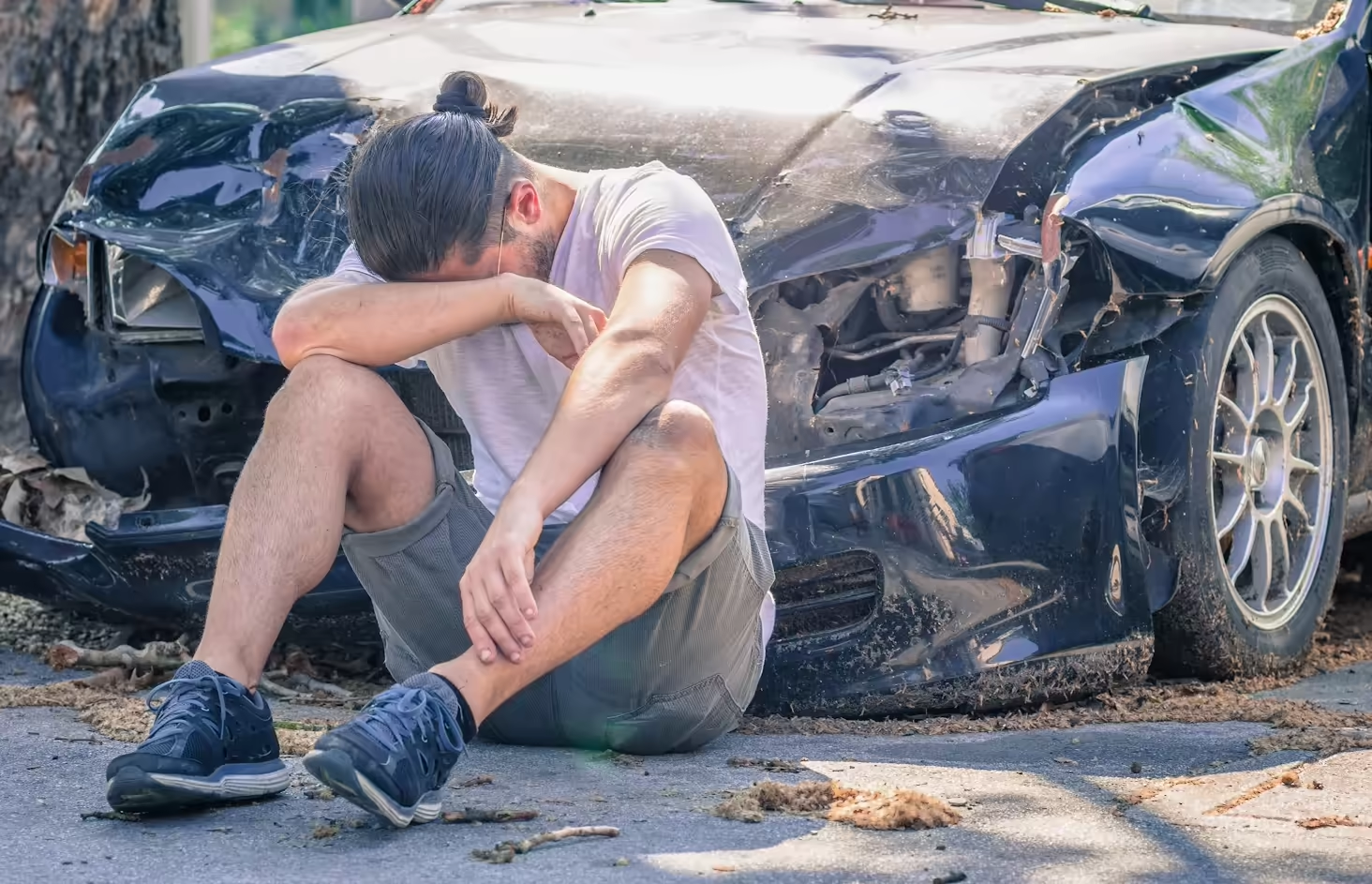Witnessing a high-speed chase can be frightening, especially if you’ve been in an accident as a result. While those involved often don’t mean to hurt bystanders, these chases can be unpredictable, and accidents can happen.
If you’ve been injured in a high-speed chase, there are a few steps you can take to set yourself up for success. Read on to learn more about what to do after a high-speed chase, who can be held liable, and what to do if you’ve been hurt.
For more information, check out this article on auto related accidents, where you can learn about common injuries and your legal rights.
What Counts as a High-Speed Chase?
A high-speed chase usually happens when someone tries to avoid arrest by fleeing from law enforcement in a vehicle. These chases often involve dangerously high speeds and reckless driving. They can lead to serious crashes, especially in busy areas where there are many other vehicles or pedestrians.
Even though police officers are trained to handle these situations, injuries can still occur. For instance, in 2022, over 500 individuals were killed in high-speed police chases. If you are hurt in one of these chases — after attending to your injuries — figuring out who is at fault is the first step.
What Happens if a Cop Hits Your Car in a Chase?
If a police officer hits your car during a high-speed chase, the first step is to report the crash and seek medical care. Police officers are allowed to pursue suspects, but they still must follow safety rules. If the officer acted recklessly, like speeding through a crowded area without caution, you may be able to file a claim against the department.
These claims can be complicated due to government immunity laws, so it’s important to contact a personal injury lawyer. An experienced attorney can help you understand your rights and help you file a timely claim to pursue compensation.
You may also be able to file a Monell claim. This allows individuals to sue a city or local government when a constitutional right is violated due to an official policy, custom, or failure to train employees. In a police chase case, a Monell claim might apply if the department encouraged risky pursuits or failed to train officers properly.
Who Pays If You Are Injured in a Police Pursuit in Pennsylvania?
In Pennsylvania, the person who caused the crash — usually the fleeing suspect — is typically responsible for paying damages. However, the city or police department may also be held partly liable in certain cases. Suing a government agency involves special rules, including the six-month deadline to file a notice of claim.
What Damages Can You Recover After a High-Speed Chase?
If you're injured, you may be entitled to compensation for a variety of losses. These can include the following:
● Medical expenses (doctor visits, hospital stays, physical therapy)
● Lost income (if you can’t work while recovering)
● Pain and suffering (both physical and emotional)
● Property damage (such as repairs to your car)
In rare cases, punitive damages may be awarded if someone’s behavior was especially reckless.
Can the Suspect Be Held Liable?
Determining liability in a high-speed chase isn’t always simple. There could be more than one party responsible.
The fleeing suspect is usually the main cause of the crash. If they hit you or caused another driver to crash into you, they may be legally and financially responsible.
Law enforcement agencies may also be held liable in some situations. For example, if officers ignored safety protocols or continued a chase through a crowded area without reason, they might share the blame. Other drivers who were indirectly affected by the chase and made unsafe decisions might also contribute to the crash.
What To Do After a High-Speed Chase Crash
If you are injured during a high-speed chase, it’s important to act quickly. Make sure you prioritize your safety, and when you can, take the following actions:
- Call 911: Always report the crash to the police and request medical help if needed.
- Get Medical Attention: Even if you don’t feel hurt right away, some injuries (like internal trauma or concussions) show up later.
- Document the Scene: Take photos of the damage, get names of witnesses, and ask for a copy of the police report.
- Do Not Speak With Insurance Adjusters: This especially applies if you haven’t spoken with a lawyer yet, as they may try to minimize your claim.
- Find a Lawyer: After getting medical assistance, reach out to a car accident lawyer in Allentown to help protect your legal rights.
The Bottom Line
Getting injured during a high-speed chase can turn your life upside down. You may face hospital visits, missed work, and emotional stress — but you don’t have to go through it alone. Knowing who’s responsible, what steps to take, and how the legal process works is the first step toward recovery.
A qualified personal injury lawyer can guide you through every step, from filing claims to negotiating a settlement or even going to court if needed. The most important thing is to take action as soon as you’re able, especially if a government agency is involved.



